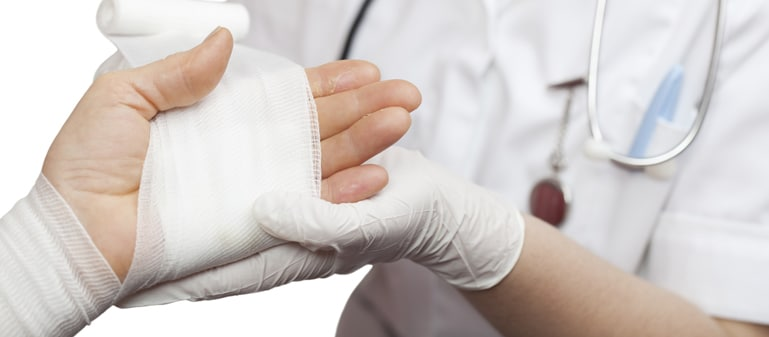Post-Burn Rehabilitation
OUR SPECIALITIES

- Neuro Rehabilitation
- Ortho Rehabilitation
- Onco Rehabilitation
- Pediatric Rehabilitation
- Post-Burn Rehabilitation
- Cardiac Rehabilitation
- General Rehabilitation
- Chronic and Interventional Pain Management
- Acute and Disease Pain Management
- Palliative Care
- Advanced Disease Management
- Integrated Medicine
- Transition Care
- Physiotherapy
Post-burn rehabilitation aims to restore maximum physical and psychological function after a burn injury. This involves a multidisciplinary approach, including wound care, pain management, physical therapy, occupational therapy, and psychological support, all tailored to the individual’s needs and the severity of the burn.
Key Components of Post-Burn Rehabilitation:
- Wound Management:
This includes cleaning the burn, applying dressings, and managing infection risk.
- Pain Management:
Addressing both acute pain during dressing changes and chronic pain through various techniques, including medication and non-pharmacological methods like TENS, massage, and distraction.
- Respiratory Care:
For patients with chest or face burns, physiotherapy techniques like deep breathing exercises and chest clearance may be necessary.
- Oedema Management:
Preventing and reducing swelling (oedema) is crucial, especially for limb burns, through elevation, compression therapy, and mobilization.
- Positioning and Splinting:
Proper positioning and splinting are essential to prevent contractures (tightening of joints) and maintain range of motion.
- Range of Motion (ROM) Exercises:
Active and passive exercises, tailored to the patient’s abilities, are crucial for maintaining joint mobility and preventing stiffness.
- Strengthening Exercises:
As the patient recovers, progressive strengthening exercises help restore muscle strength and function.
- Functional and Gait Retraining:
This involves retraining patients in daily living activities and walking patterns.
- Scar Management:
Various techniques, such as massage, pressure therapy, and skin care, are used to minimize scar formation and improve scar appearance.
- Psychological Support:
Burn injuries can have a significant psychological impact, and counseling and support groups are vital for coping with the emotional and social challenges.
- Nutrition Support:
Adequate nutrition is essential for wound healing and overall recovery.
